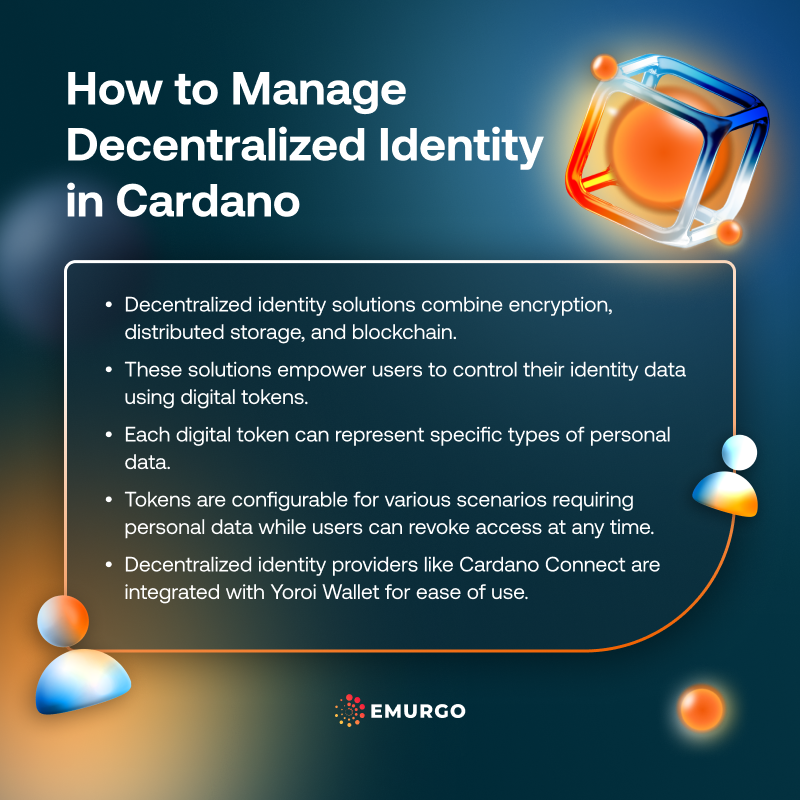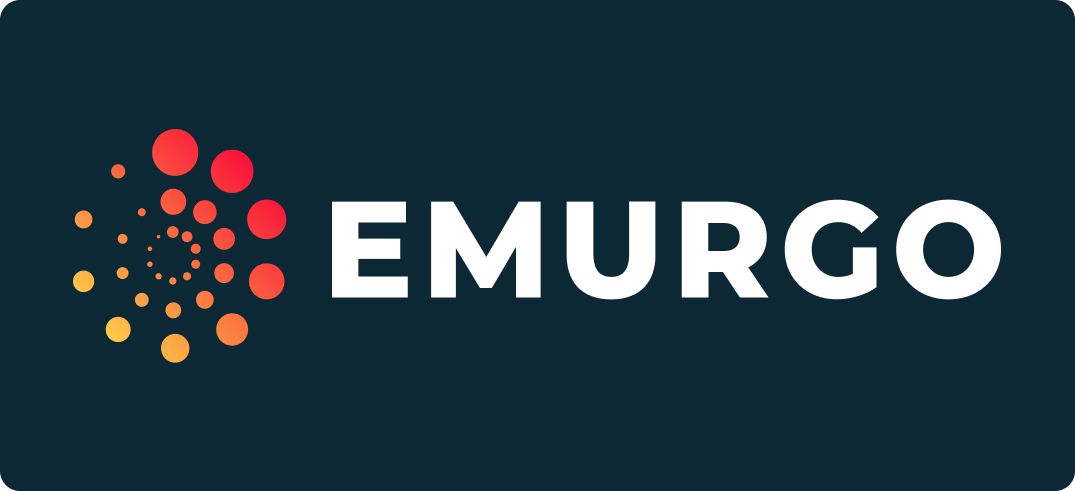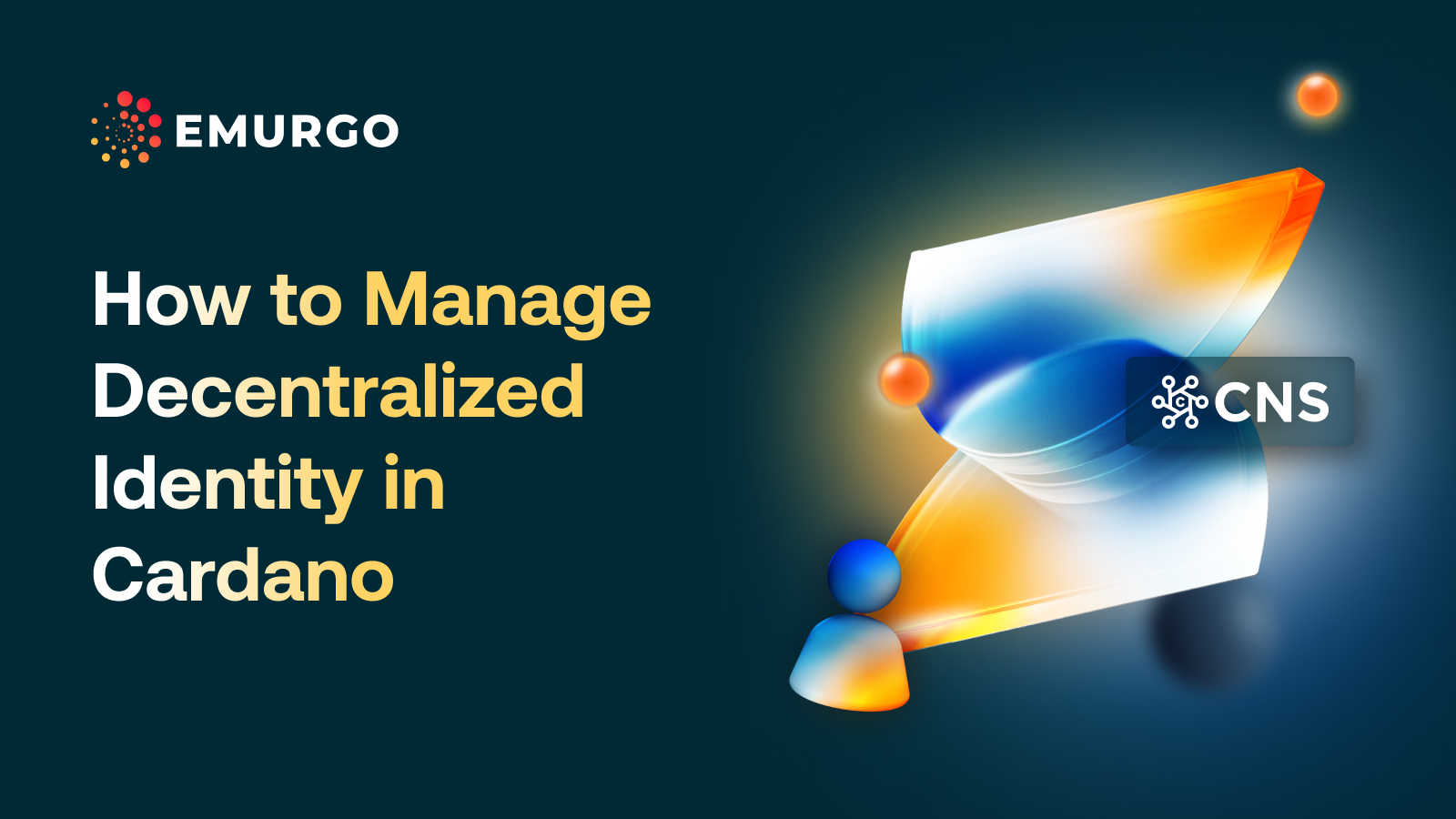Decentralized identity is growing as a real use case for blockchain technology. This is mainly due to the increasing number of security breaches that have affected popular internet websites and resulted in personal data theft, the sale of sensitive customer information, and improper data collection.
These problems have nurtured a new environment where internet users increasingly realize centralized websites and mobile applications don’t consistently provide high privacy and secure data protection. More users now value their privacy by purchasing VPNs (virtual private networks), installing special web browsers, and taking other defensive measures to mitigate these security risks.
This is where decentralized blockchain technology offers a potential solution.
But it also raises the question:
How can users efficiently manage their decentralized identity?
Let’s try to answer this question below.
Decentralized identity solutions combine distributed storage with decentralized blockchain technology to enable users to control their identity.
A digital token issued on a blockchain ledger points to a certain repository containing the user’s information and helps manage access for third parties requesting this data. The information is encrypted in the decentralized storage and access is always temporary.
Related reading
- How decentralized identifiers help provide decentralized identity solutions
- In-depth reading: What is decentralized identity?
- Use cases for decentralized identity solutions by industry
A user can configure several digital token types such as NFTs with different personal data pointers for situations such as:
- financial information when applying for a loan
- age information
- a driver’s license
- and various other tokens with necessary information
Each only has limited information and access can be revoked by the user at any point.
This is what makes decentralized identity so powerful and industry-changing. It changes how the internet works by enabling users to control how their information is used rather than enabling centralized companies to do this.

As mentioned above, decentralized identity is a merger of several different technologies including decentralized storage, internet resolvers, and blockchain technology.
All these are combined by creating digital tokens that represent different types of data which in turn is configured by a user.
The tokens can be NFTs (non-fungible tokens) or some other token standard that ensures data integrity and access are preserved by a blockchain-based system.
In some ways, “wallet-resolvable” names are the first step towards this functionality. A wallet-resolvable name is a word a person can purchase and is then converted to a crypto wallet address.
The main benefit is that it’s easier to remember than the string of random letters and numerals found in a typical crypto wallet address.
Decentralized identity projects like Cardano Connect (CNS) are building the tools necessary to offer a decentralized identity for internet users, first for Cardano ecosystem users. By focusing on providing a way to convert human names to Cardano wallet addresses, they create the first layer of decentralized identity.
Read more: How to use custom wallet addresses in Yoroi
The next component to managing decentralized identity is crypto wallets.
Here is where an open-source crypto wallet such as Yoroi enters the picture. Yoroi is a Cardano crypto wallet with browser and mobile versions that seamlessly enables users to store, receive, send, stake ADA, and integrate with Cardano dApps.
Yoroi has unveiled support for an additional service by integrating with Cardano Connect (CNS). CNS is a platform for social networking on the Cardano network, empowering users to create and manage secure social profiles on Cardano with .ada domains minted as NFTs acting as a form of decentralized identity.
This brings the idea of sovereign identity one step closer for the average internet user.

Looking to stay up-to-date on Web3 and Cardano-related content?
Then, follow EMURGO on X to receive weekly updates, a monthly newsletter recap, and other related information about Web3 and Cardano.
About EMURGO
- Official Homepage: emurgo.io
- X (Global): @EMURGO_io
- YouTube: EMURGO channel
- Facebook: @EMURGO.io
- Instagram: @EMURGO_io
- LinkedIn: @EMURGO_io
Disclaimer
You should not construe any such information or other material as legal, tax, investment, financial, or other advice. Nothing contained herein shall constitute a solicitation, recommendation, endorsement, or offer by EMURGO to invest.



